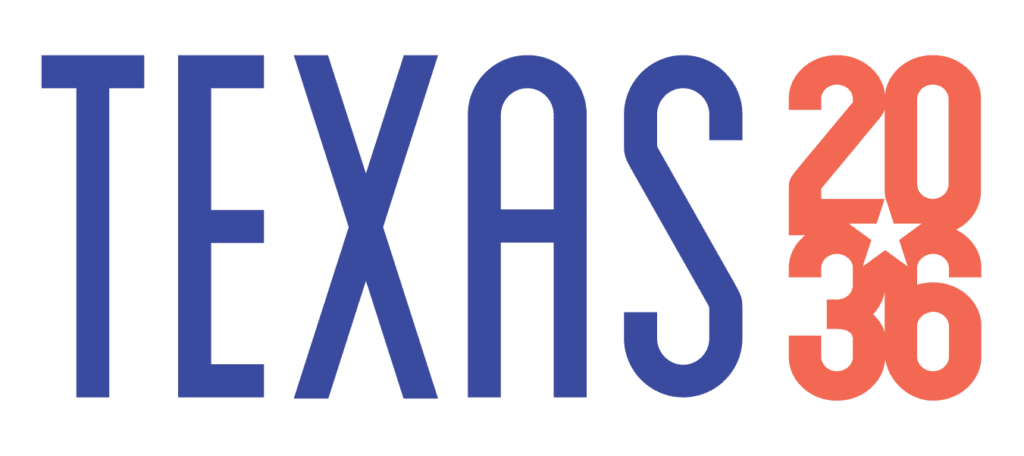Reports that a new coronavirus vaccine has shown promising results in trials has injected a new sense of hope that we will soon be able to return to a normal way of life. As we begin rebuilding after nine months of lockdowns and distancing, we must not lose sight of the fact that this will not be the last time a virus – or other disasters – impacts our lives. Instead, we must rebuild in a way that is sustainable and resilient. Part of that must be closing the digital divide through sound investments in broadband ubiquity.
For our students, both K-12 and post-secondary, access to broadband service and devices is critical. “Digital learning plays a vitally important role in shaping the future of higher education for Texas,” said Commissioner of Higher Education Harrison Keller in a release about this year’s National Distance Learning Week. “When the pandemic disrupted higher education institutions earlier this year, educators across the state, nation and world had to pivot very quickly to digital learning. This monumental shift put a spotlight on the critical need to invest in advancing innovation in digital learning.”
And it’s not just students who stand to gain from expanded access to broadband. “Like paved highways and electricity, broadband has become basic economic infrastructure,” wrote Texas 2036 CEO Margaret Spellings and Wynn Rosser, President and CEO of T.L.L. Temple Foundation, earlier this year. “More than half of all Texas counties are projected to have zero or negative job growth over the next generation. A shortage of broadband access exacerbates those economic challenges.”
At Texas 2036, we see opportunities in the challenges facing our state. That’s why we believe that by connecting more people, communities and businesses with broadband infrastructure, we can connect innovators with the resources necessary to create new jobs, expand economic development, and grow prosperity for all Texans.
